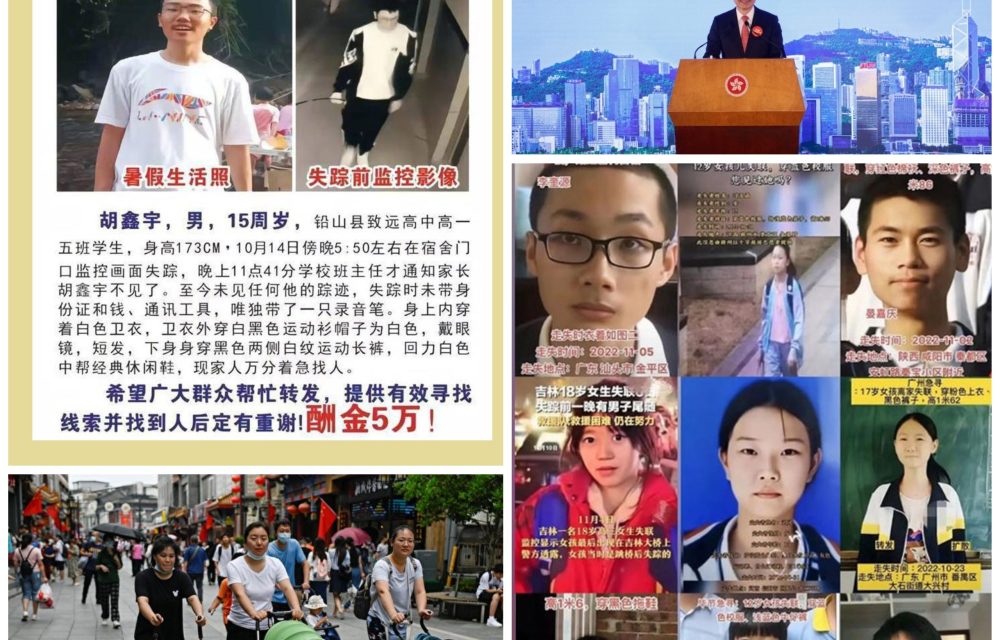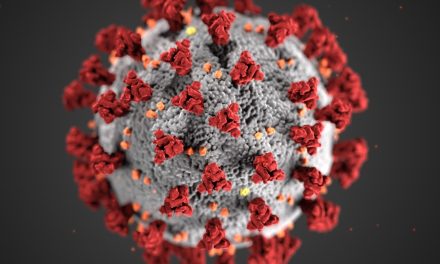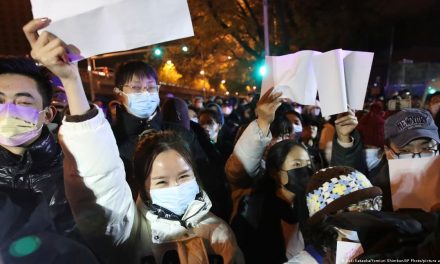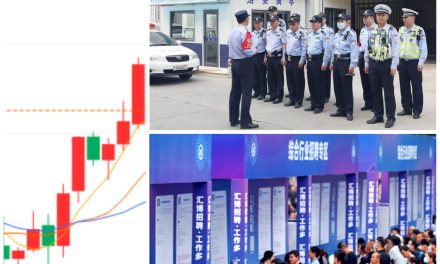1. Hu Xinyu’s Mysterious Suicide Case
Hu Xinyu, a 15-year-old boy from Zhiyuan High School in Yanshan County, Shangrao City, Jiangxi Province, China, disappeared on October 14, 2022. After 106 days, his body was found last weekend near the Jinjishan Granary Compound in the woods, several hundred meters from the school, in an area that had already been thoroughly searched. Officials say that Hu Xinyu hanged himself because of emotional problems.
However, the case has generated a great deal of doubt. According to a poll of Chinese Twitter netizens [Twitter is not legally available in China, but some access it anyway], as many as 70% believe that the Chinese police are lying. The main doubts include:
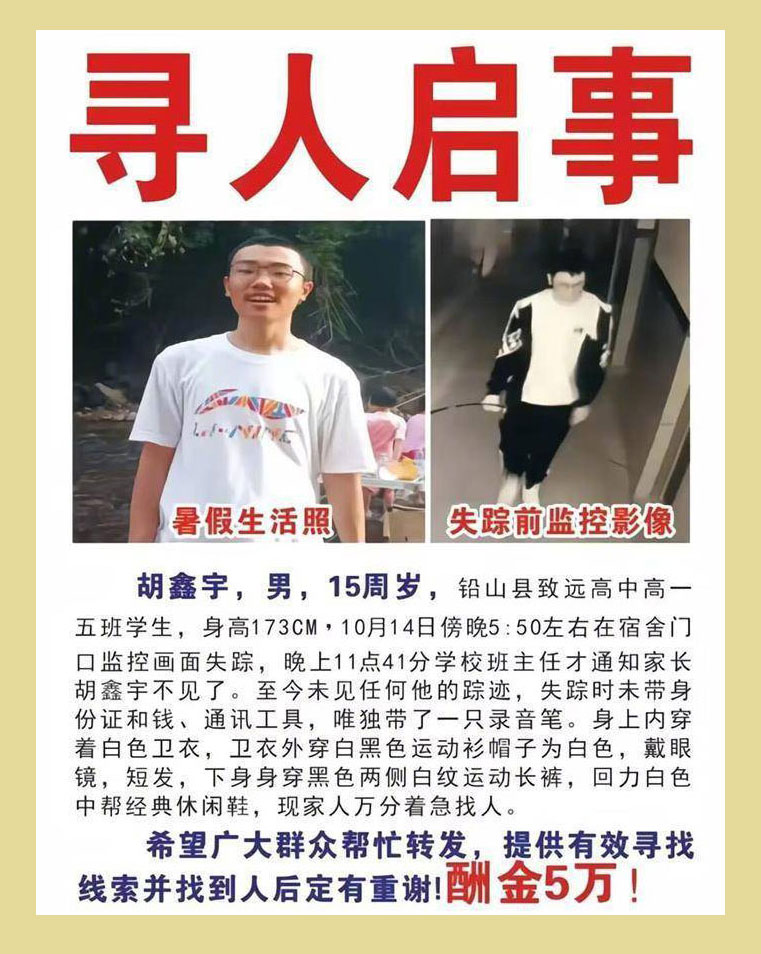
1) The police had already organized thousands of people to conduct a “carpet” [inch-by-inch] search of nearly 100 acres of hills near the school and hundreds of kilometers along the river, but no remains had been found in a searched area extending out hundreds of meters from the school. China has always told its citizens that the purpose of installing more than 2.7 billion cameras nationwide is primarily to protect their lives and safety, but in recent years, when people at the bottom go missing, the camera surveillance system is said not to be in necessary range. And yet Peng Zaizhou on the Sitong Bridge [referring to someone who draped a sign criticizing CCP rule over a bridge railing] in Beijing was found and taken away by State Security within 10 minutes after he put up the slogan.
2) How can a shoelace hold a dead man weighing more than 100 lbs above the ground?
3)Why was the jacket on Hu Xinyu’s body turned backwards? That doesn’t match what he was last seen wearing on surveillance footage.
In recent years, in a country with almost no camera-blind locations, bizarre disappearances of Chinese teenagers have continued to occur. At the same time, China is the country with the largest number of human organ transplants in the world. The Chinese government has always been vague about whether there is a connection, and it is difficult to keep the Chinese people and the rest of world from speculating.
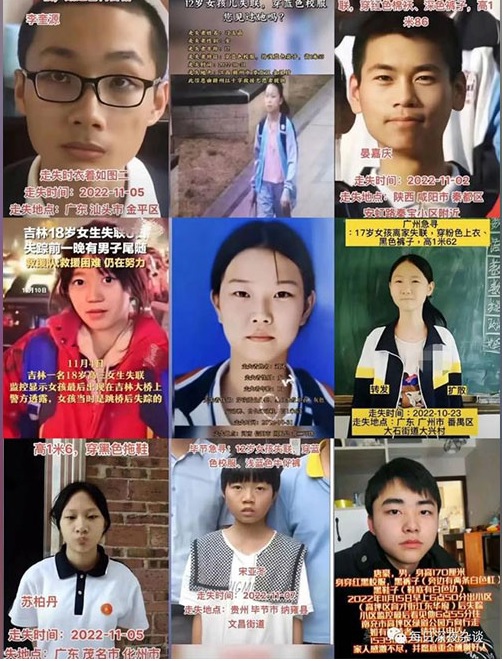
2. The return of polygamy?
In order to increase the fertility rate and solve the problem of population decline, the Sichuan Provincial Health Commission issued a “Sichuan Provincial Birth Registration Management Measure,” which abolished the restrictions on whether to marry or not before a child is born, and how many children to have. The “Measures” cancel the restrictions on whether a couple must be married or not for their children to be officially registered, and shift the focus of birth registration from marriage to the willingness to bear children and the results of childbearing. Netizens wonder whether this is tacitly approving the restoration of ancient polygamy? An illegitimate child can now legally register and inherit, which is equivalent to the polygamy system that long prevailed in ancient China.
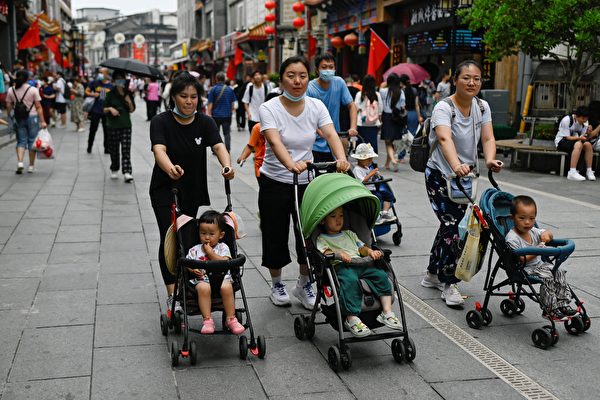
People push baby strollers along a business street in Beijing on July 13, 2021. (Photo by WANG Zhao / AFP)
3. The Hong Kong government will distribute 500,000 free Hong Kong air tickets, hoping to revitalize Hong Kong’s tourism industry
The National Security Law has had a major impact on Hong Kong’s economy and investment environment, and the epidemic has damaged it further. The Hong Kong Monetary Authority announced on January 30 that the unaudited investment loss of the Hong Kong Exchange Fund [a subsidiary Hong Kong agency charged with preserving the stability of the Hong Kong currency] in 2022 will reach 202.4 billion Hong Kong dollars, a record high; in terms of return on investment, it’s reserves shrank 4.4% in value last year, trailing only a 5.6% decline in 2008 as the worst annual performance in history.
In order to boost the tourism economy, Chief Executive Li Jiachao presided over the “Hello, Hong Kong!” event-launch ceremony on February 2. The authority plans to give away 500,000 free air tickets from all over the world to Hong Kong, describing this as the biggest welcome gift, “the world’s biggest welcome ever.” Mainland and foreign tourists are welcome to visit Hong Kong. With the implementation of the National Security Law, the level of surveillance of native people and tourists in Hong Kong is rapidly approaching that in mainland China.
Are you willing to go to Hong Kong today, at the risk of being monitored by the CCP?


